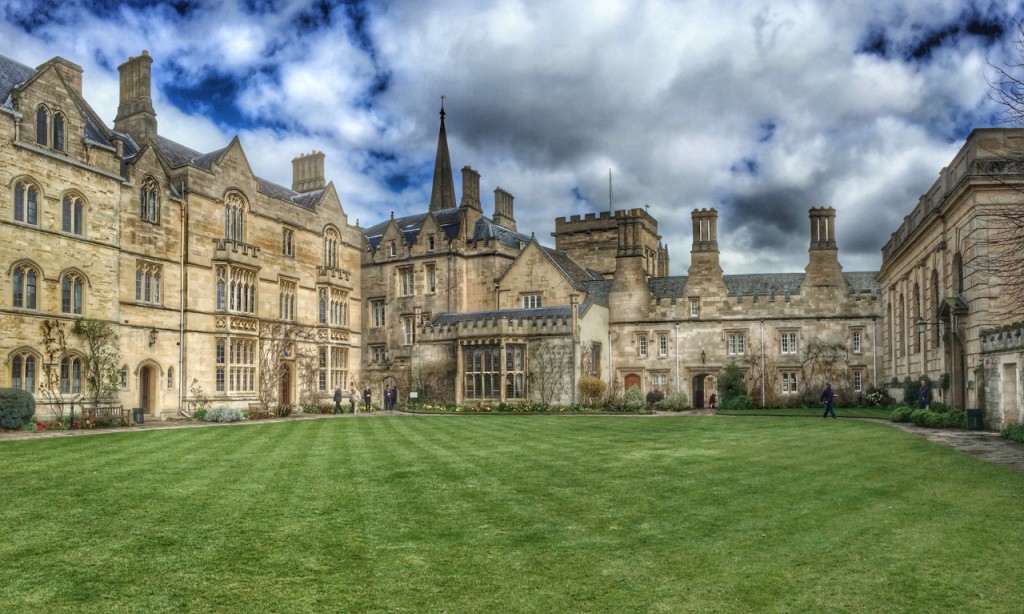The fourth symposium in the HEL-LEX series was held March 25th to 27th, 2015, at Pembroke College, Oxford. OX-LEX 4 — the acronym flexibly reflecting the host city — was a wonderfully successfully event both academically and socially, and the organisers Lynda Mugglestone, Philip Durkin, Kathryn Allan, and Edmund Weiner are to be congratulated for a conference where nothing went wrong and everything went right. Rarely able to resist a cheesy literary paraphrase, I believed myself very near heaven, during those languid days at Pembroke. With apologies I move swiftly on with the report.
It is no exaggeration to say that Oxford is the centre of the English-speaking world when it comes to historical lexicography, and given such a venue it was perhaps no surprise that the turnout of world-class scholars and professional lexicographers was truly outstanding. Three excellent plenary lectures by Clive Upton, Toni Healey, and John Simpson set a rhythm for the three days, each managing to entertain and to educate in equal measure. Indeed, the traditional HEL-LEX spirit of good-natured collegiality was in evidence throughout the symposium both during the sessions and between them. It is difficult and perhaps a little unfair to single out individual papers when the overall quality was so high, but a couple of intellectual highlights for me were Megan Tiddeman’s paper on the mixed-language business accounts of the merchant William Cantelowe and the joint paper of Ondřej Tichý and Jan Čermák on lexical obsolescence and loss. I was also most happy to chair a great session for Kathryn Lowe, Marta Sylvanowich, Ian Lancashire and Elisa Tersigni, and Hans Sauer. A final gem came post festum in the form of Peter Gilliver’s brief but masterful talk about the history of lexicography in Oxford, tracing the lives of lexicographers from John of Garland in the thirteenth century all the way to the present day.
Three HSHL members were in attendance: Rod McConchie, Janne Skaffari, and I. Rod and I gave papers and Janne bravely fought through a cold to spread the word about the society. Rod spoke about the medical doctor and lexicographer Robert James and his magnum opus, A Medicinal Dictionary (1743). James was a friend and collaborator of the most famous English lexicographer and Pembroke alumnus Dr. Samuel Johnson, and Rod’s fascinating paper delved deep into Johnsonian lore about the persona of James contrasting those stories with alternative contemporary accounts. Rod also gave a short introduction to HSHL at the closing session.
For my part, I presented a multilingual and corpus-driven perspective to Late Modern lexicography, discussing the work of the Multilingual Practices in the History of Written English project currently ongoing at the University of Tampere, some statistical methods for identifying dictionary-worthy phraseological units using a combination of frequency information and statistical association measures, and some early findings on how they relate to actual lexicographical practice in the eighteenth century.
In closing, it was a great thrill to see the HEL-LEX concept thriving. News about the time and place of the next HEL-LEX symposium will be officially announced in the not-too-distant future.
